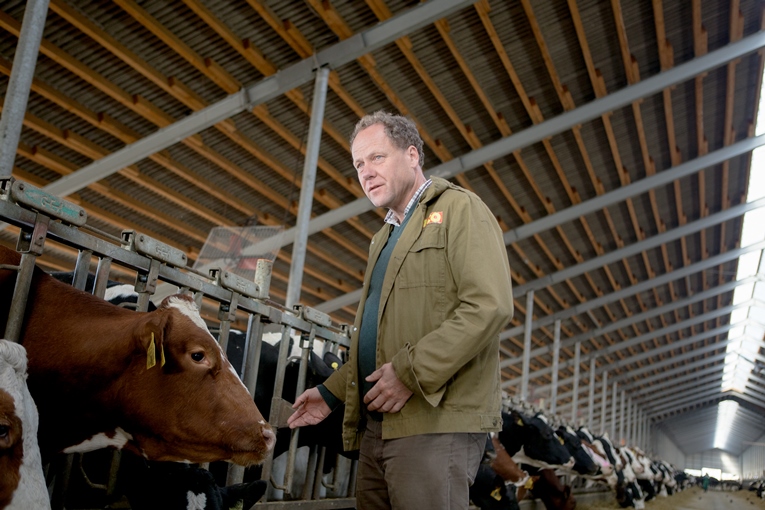Foreword Stefan Duerr EkoNiva News Edition No 67
11 May 2020 News from the Company
Manure: headache, hazardous waste or new opportunities?
I do not think manure has ever been the subject of such heated discussions as now. The reason for all the debates over manure is the amendment to the federal law, in accordance with which manure is classified as danger category III hazardous waste, and its handling is possible only if you have a special license.
IAbsurdity, nonsense, paradox are the mildest terms that can be used to describe the situation. Following this logic, an old lady keeping two cows, a small farmer and a large agricultural holding must go through quite a complicated and expensive licensing procedure.

Without it, they cannot handle manure. The cost of the state ecological assessment procedure, the licensing and state registration for the organic fertilizer approximates two million rubles, a sum insurmountable for small farms. Regulatory authorities have imposed a huge fine for the breach of the law. As a result, livestock farmers are stuck between a rock and a hard place. In the middle of March, this problem was discussed at the Council of The Federation, and it was concluded that the legal requirements for manure handling are unreasonably strict. They slow down the development of the livestock farming industry and reduce its competitive advantages. Currently, there is a hope that the government will introduce amendments to the federal laws and regulations, which will lower the administrative barriers and allow farmers to resume their normal working practices.
And there is a lot of work to be done! In the first place, we need to look at manure from a different angle: not as hazardous waste but as valuable fertilizer. Mineral fertilizer is an expensive pleasure. EkoNiva, for instance, spends over 1 billion rubles on it. At the same time, each of our dairies for 2,800 head of cows can produce enough organic fertilizer for 8,000 ha of land – the area required to grow feed for the dairy and some cash crops. This ensures a complete production cycle, which is right from both the economical and the ecological points of view. We have been practicing manure separation and efficient use for several years already. Our farms are equipped with manure separators, which break up the material into the liquid and solid fractions. The solid fraction is used for bedding, while the liquid fraction is injected into the soil in our fields as fertilizer. This allows us to boost the yields and preserve the soil fertility. Certainly, efficient use of manure requires expensive machinery, advanced technologies and scientific research for optimal application rate calculation. This is where governmental support is essential. It would allow livestock farmers to retrofit their enterprises and purchase the necessary equipment to work with the organic matter. Then manure would no longer be classified as hazardous waste; it would move to the category it rightfully deserves – valuable material.
Stefan Duerr, President of EkoNiva Group
